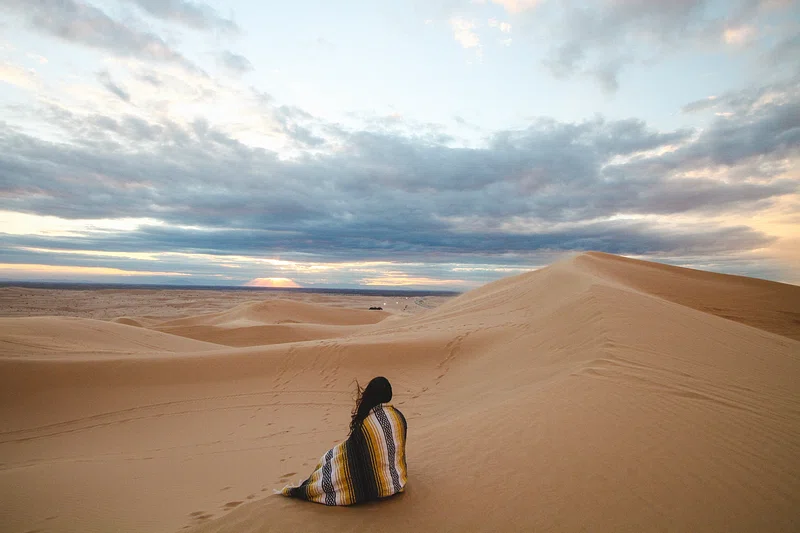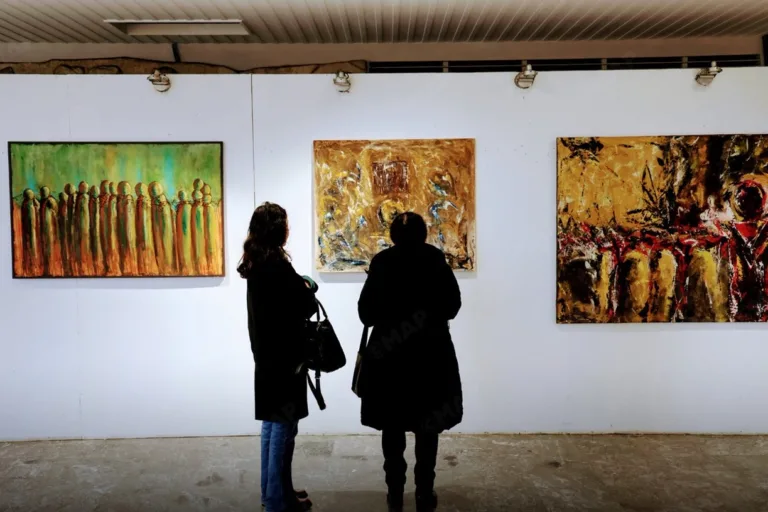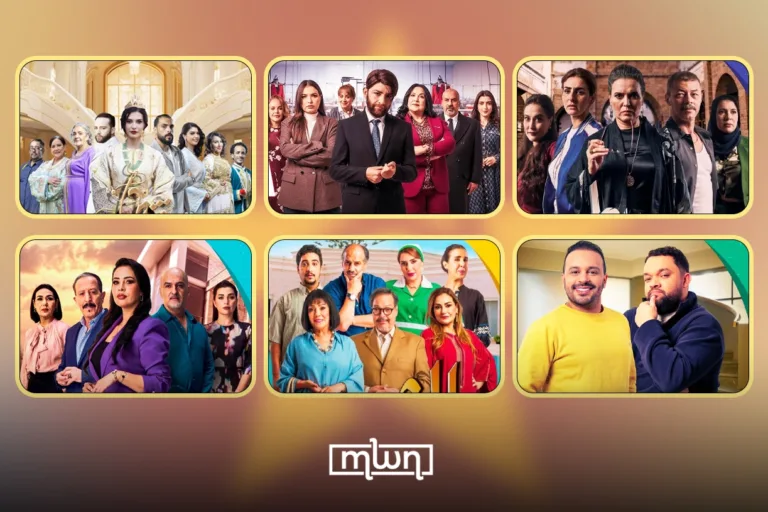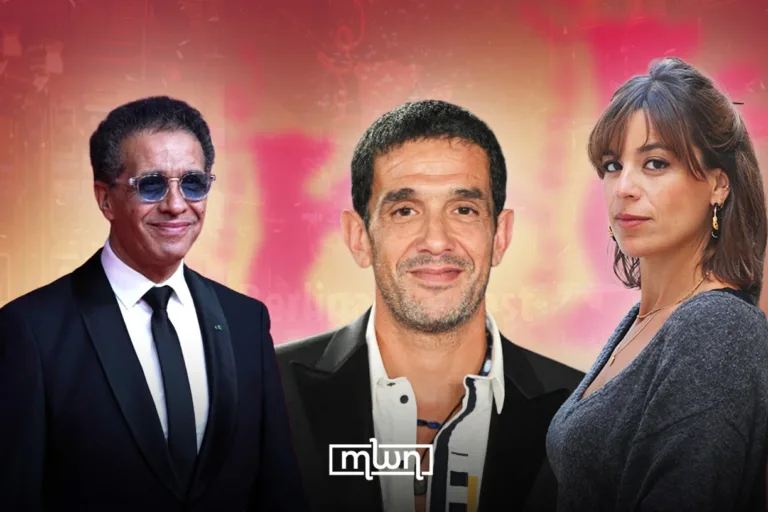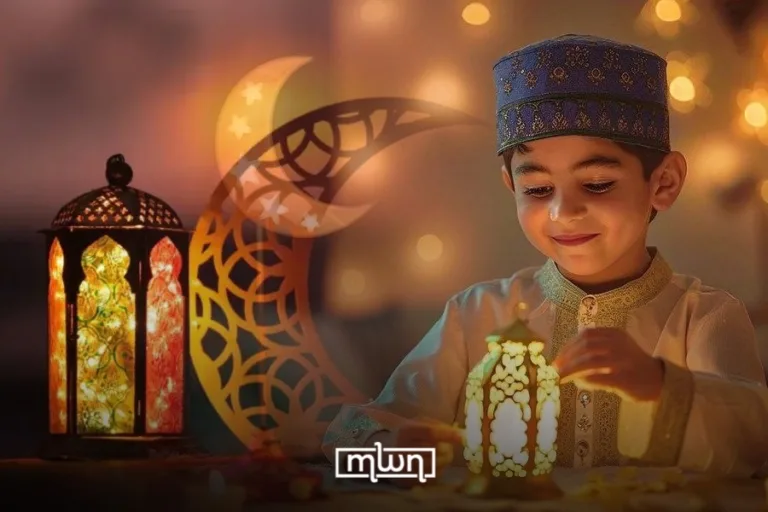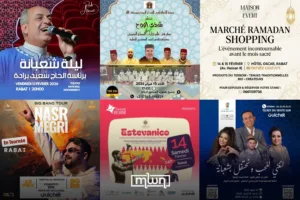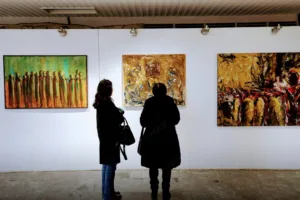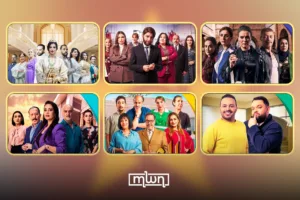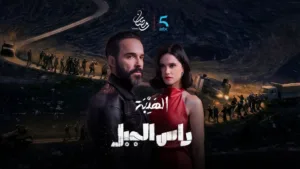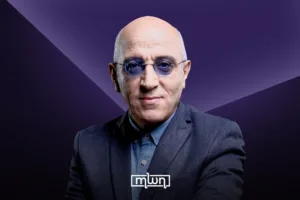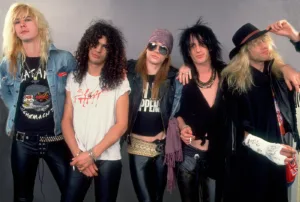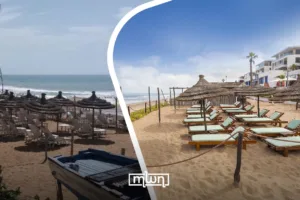Washington DC – “Are you sure it’s safe?” This is the most common question that first comes up from people whenever I mention my plans to travel to Morocco alone as a woman. It shocks them to find that the answer is not only yes, it is safe – but that any woman – with thorough pre-planning, can easily do it.
Since my time in the United States Peace Corps in Morocco in 2019, I have traveled around the country by myself on countless trips. Contrary to popular belief, you do not need a car to get around Morocco. Name any type of Moroccan public transportation and I have probably taken it, as there is such a diverse range of travel options throughout the country.
I have traveled Morocco by “grand taxi”, “petit taxi”, “triporter,” train travel, tram, plane, city bus, motorbike, commercial bus travel, “souk” bus travel, “nakles,” “Honda,” and even hitchhiking on the back of donkey carts and horse carts. Contrary to the common Western stereotype of Morocco, I have only traveled on camel once, for strictly touristic purposes.
Thanks to my time living and working in Morocco, my travel experiences have been easier due to two important factors. Firstly, I can speak and understand both local Moroccan Arabic, Darija, and a little bit of the native Amazigh language, Tashlehit. Secondly, I have developed quite the network of friends and colleagues whom I have been able to rely on for advice when it comes to safety and security.
Although both of these factors have been vital and made my experiences easier and more enjoyable, they are not prerequisites for the average female solo-traveler in Morocco. What is required, however, is forward planning to ensure your travel is smart, safe, and abiding by local customs. Based on my experiences, I have gathered a list of tips and tricks below to ensure this:
1. Make sure you abide by local customs.
Morocco is a country full of incredibly hospitable people. It is not uncommon or seen as dangerous to accept food or an invitation into a strangers home. However, gender relations can be viewed differently in Morocco compared to Western cultures.
It is not a cultural norm for a solo-traveling woman to be invited into, or enter the home of a single man by themselves, especially in rural communities. So be wary and respectful of cultural boundaries.
2. Make older Moroccan women, or ‘khaltis,’ your best friends.
I cannot list the amount of times I have gotten myself out of potentially dangerous situations because I have accepted the love and greeting of an older Moroccan woman.
There is an incredibly strong maternal bond between women that is pure and helpful despite any language barrier. If you feel unsafe, stick to the group of women and seek out help.
3. Don’t hesitate to reach out to Moroccan authorities.
The police system in Morocco is incredibly protective and helpful for foreigners. You must keep your passport on you at all times because chances are you will be stopped at checkpoints on the road with gendarmes asking for information about your background. These questions may seem intimidating, but they are only there to keep you safe.
4. Keep solo night travel to a minimum.
Despite local protection from authorities, it is best to avoid traveling on the road at night. In rural areas especially, it is harder to find help and many places may be closed that could provide support to you in an unsafe situation. Wait for further travel when the sun is up, when you can see the amazing beauty the country has to offer.
5. Try to learn common and important Darija words
It will do you well to learn not only common greetings but also phrases and words that have to do with safety and security. This is not only more culturally respectful, but it will make your interactions so much more meaningful.
If you have a good grasp of the English language, you can find all Darija help with books online such as “Speak How they Speak Darija,” created by a Moroccan cultural start-up called Atayna.
The US Peace Corps also has a Moroccan Darija textbook that is free and even has a section on safety and security lingo. For both options, you do not have to have a prior grasp of the Arabic alphabet, as everything is written in latin script.
6. Stick to regulated forms of public transportation
These include grand taxis, petit taxis, bus companies such as Supratour and CTM, as well as train and plane travel. Although it may seem intimidating at first, the taxi system is regulated by the government and incredibly safe!
It is commonly used by all Moroccans alike. All ONCF transportation travel is in French but easily translatable in other languages. You can find more information on their website.
7. Don’t be afraid to ask for help
The moment you look lost there will be many people willing to help you or ask where you are going. I highly recommend relying on “hanut” owners – shopkeepers.
They are not only safe and reliable, but also will have the most knowledge possible about every direction and every person within the region that you are.
8. Make friends and rely on them!
If you are solo traveling in Morocco, the one thing I can guarantee is that you will make lots of friends, both locals and other foreigners alike. Don’t hesitate to change your plans and try new things. You will not regret any moment.
Although hopefully these tips will prove useful, many of them you will most likely not need. Morocco is a very safe country due to the hospitality of the people and the importance of foreigner safety to the authorities.
American travel expert Lucas Peters, who has been living in Tangier with his family for years, spoke about the safety of traveling in Morocco in his book “Moon Morocco Travel Guide.” He writes, “there’s a visible police presence and the government maintains strong ties with the U.S., France, Spain and other allies around the world.”
Peters also notes that the “increased vigilance at the border and improved screening techniques all add up to the country being on par with France, Denmark and the rest of Europe as a safe destination.”
It is important to note that this is not a wholly shared experience with all travelers. I know that during my time in the US Peace Corps, as a Caucasian traveler and Peace Corps Volunteer, I had different experiences and was presented fewer challenges than that of my fellow Black and Asian American counterparts.
In a post on her travel blog, travel influencer Vivienne Dovi writes: “As a Black woman, I’ve encountered many instances of racism, microaggressions and sexual harassment abroad, and unfortunately, I faced many problematic situations in Morocco too.” She adds however that “despite its challenges, Morocco has plenty to offer.”
To support fellow Black travelers and other people of color, sites like Travel Noire provide safety tips and things to expect in various countries, including Morocco.
If Morocco has been on your list but safety was a concern in the back of your mind, hopefully these tips and tricks can help to put your mind at ease. From the bustling souks of Marrakech, the paradise of the beaches in the south, to the awe-inspiring views atop the Atlas Mountains and the bright blue alleyways of Chefchaouen, Morocco is a destination that promises adventure.
So, what are you waiting for? Yalla, (Come on!) book that ticket.
Read Also: Morocco Welcomed Nearly One Million Tourists in January

